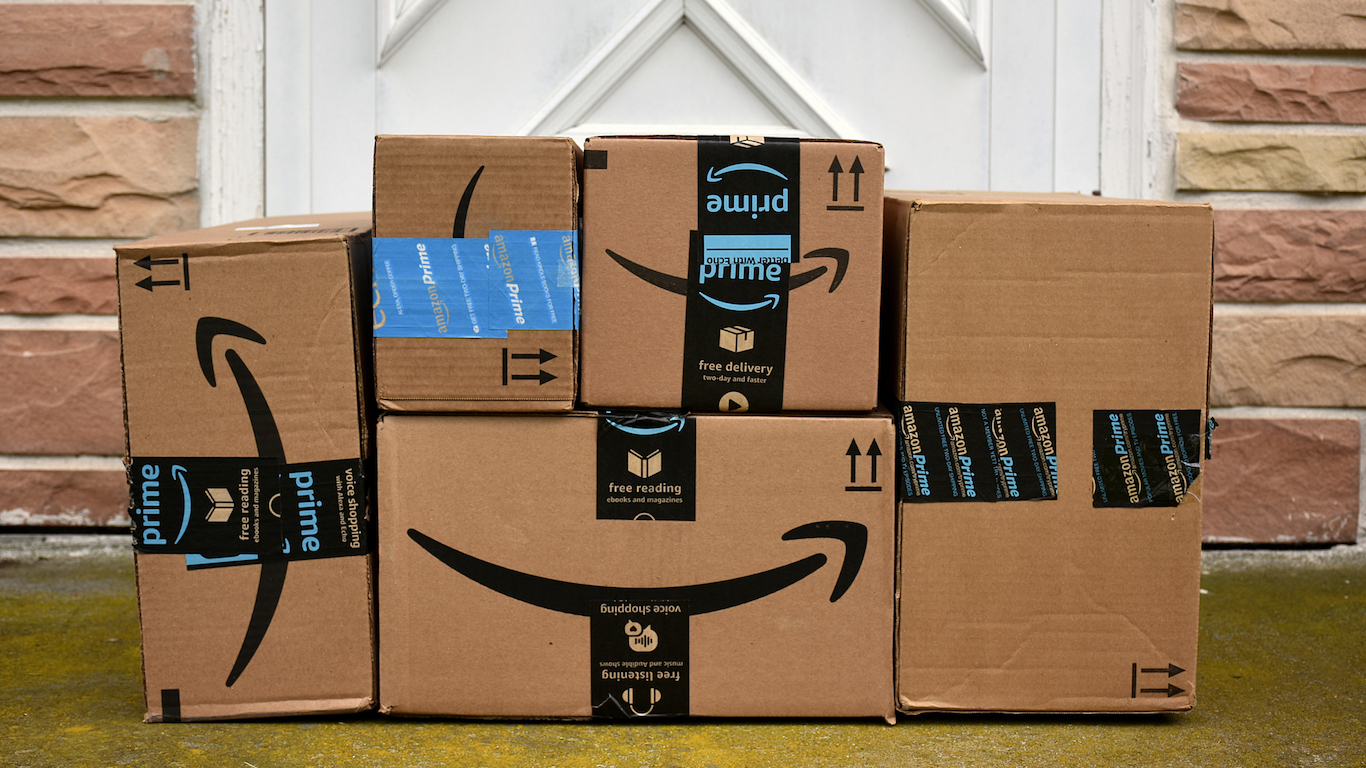Companies and Brands
Tech Brands Dominate Brand Loyalty Rankings

Published:
Last Updated:

Of the top 100 product categories and brands in a new ranking of customer loyalty leaders, more than a third (35%) are tech companies engaged in digital technology, social networks and products. In fact, of the top 10 brands, only one is a non-tech firm.
The ranking is based on a survey by brand consultancy Brand Keys of 84 product categories and 761 brands. The survey included more than 50,500 consumers ages 18 to 65 who were recruited from the nine U.S. Census Regions. Respondents self-selected the categories in which they are consumers and assessed the brands for which they are customers.
Brand Keys’ founder and president, Robert Passikoff, said:
Digital and tech brands have held their ground. But traditional brands have worked harder to create the emotional value connections necessary to bolster the loyalty bonds necessary for keeping current customers, developing new ones, and making profits.
The top 20 loyalty leaders and the associated categories are:
Amazon placed three brands in the top 10 while Apple and Facebook each placed three and Google placed two in the top 20. Of the top 20, 14 are digital tech brands.
Why is this important? Passikoff explained:
It’s loyalty’s Rule of Six playing itself out in the real-world. If consumers use a brand’s products or services in one category and exhibit high degrees of loyalty, they are six times more likely to use the brand’s products and services in other categories. You can joke about certain brands taking over the world, but from a loyalty perspective it seems eminently conceivable.
None of the five brands that made the biggest positive year-over-year moves was a tech brand:
Here are the five brands that fell the farthest year over year:
And just in case you were wondering, no airlines made the top 100 list.
The full Brand Keys list is available at the firm’s website.
Credit card companies are pulling out all the stops, with the issuers are offering insane travel rewards and perks.
We’re talking huge sign-up bonuses, points on every purchase, and benefits like lounge access, travel credits, and free hotel nights. For travelers, these rewards can add up to thousands of dollars in flights, upgrades, and luxury experiences every year.
It’s like getting paid to travel — and it’s available to qualified borrowers who know where to look.
We’ve rounded up some of the best travel credit cards on the market. Click here to see the list. Don’t miss these offers — they won’t be this good forever.
Thank you for reading! Have some feedback for us?
Contact the 24/7 Wall St. editorial team.